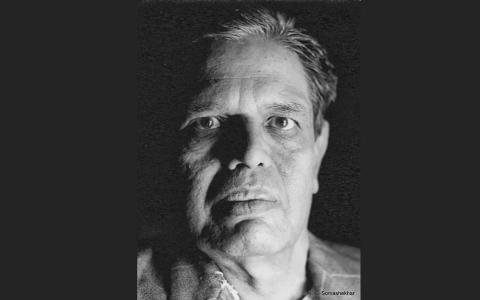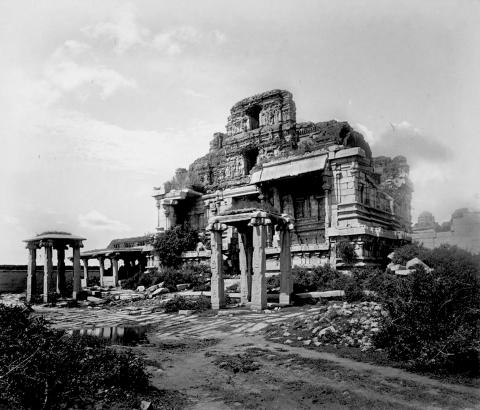January 2022

There lived a man who had a beautiful wife; fearing that she might have an affair, he monitored her at all times. Once, he had to travel to another place and he got his wife accompany him. On their way, they encountered a forest and came to know that there was a village of the bhillas. Scared of her safety, he dropped her off at an older person’s house and went ahead alone. By the time the man came back, his beautiful wife had fallen for...

We move on to the next prahasana, Bhagavad-ajjukam.
Bhagavad-ajjukam
Bhagavad-ajjukam as mentioned before is a śuddha-prahasana, like Mattavilāsa is one among the best. While the construction of the title is simple - formed by considering the two main characters of the play, Bhagavān, the yogin and Ajjukā the courtesan - that in no way undermines the poet’s capability of constructing a funny comedy of errors nor has it affected its popularity....

In the early 1940, when the Western world was at the acme of its materialistic success, Sastri wrote these visionary words – “In the history of the world, it is only Hinduism that gave not only to India but also to all her neighbours an organic conception of society based upon economic as well as spiritual needs. It is the very antithesis of ‘the principle of accumulation based on inequality’ which is a vital part of the Western order of society...

At the outset of the Mahābhārata Vyāsa outlines its literary qualities that befit an epic. At the end of the epic, he composes an epilogue of sorts titled Bhāratasāvitrī, where he solemnly records the poet’s helplessness:
ऊर्ध्वबाहुर्विरौम्येष न च कश्चिच्छृणोति मे।
धर्मादर्थश्च कामश्च स किमर्थं न सेव्यते॥ (१८.५.४९)
I scream with raised arms: Dharma is the...
- « first
- ‹ previous
- 1
- 2
- 3

